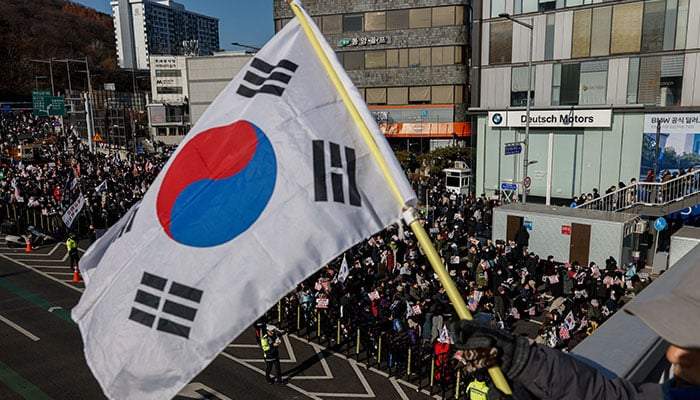South Korea is currently engulfed in a political crisis as the investigation into President Yoon Suk-yeol escalates. The situation centers around the possible issuance of an arrest warrant for President Yoon, with officials needing to make significant decisions before the January 6 deadline. This warrant, linked to allegations of corruption and abuse of power, has plunged the nation into political turmoil, igniting public discourse and widening rifts among lawmakers.
The judicial system is facing intense scrutiny as prosecutors advocate for the re-issuance of the arrest warrant, despite the surrounding political tensions. Yoon’s supporters claim the charges are driven by political motives, while opposition parties contend that his administration must be held accountable for its alleged misconduct. With increasing public pressure and a fractured government, the upcoming days are crucial in shaping the future of South Korea’s political scene.
As the January 6 deadline looms, the country is staring at an uncertain future. Should the arrest warrant be executed, it could lead to widespread protests and further destabilize the political landscape. On the other hand, if it is dismissed, the crisis may ease, but Yoon’s legitimacy could still be called into question. The situation remains dynamic, with both domestic and international observers closely watching South Korea’s next moves.
The outcome of this political impasse will significantly influence South Korea’s governance and its standing on the global stage in the coming months. With a political environment that is increasingly polarized, the repercussions of this crisis are likely to extend well beyond January 6, impacting policy decisions, public opinion, and international relations.





